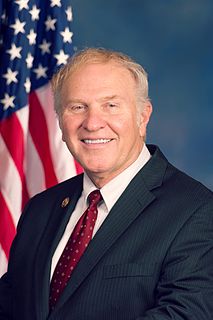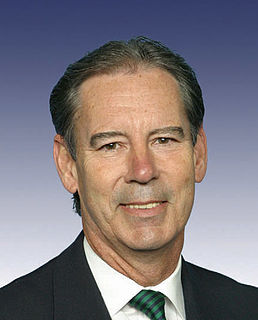A Quote by Paul Gillmor
Among the many important provisions in the energy bill are the creation of an estimated half million new jobs, increased oil production, blackout protection, controlling fertilizer costs by stabilizing natural gas prices and enacting new efficiency benchmarks.
Related Quotes
The transition from coal, oil, and gas to wind, solar, and geothermal energy is well under way. In the old economy, energy was produced by burning something - oil, coal, or natural gas - leading to the carbon emissions that have come to define our economy. The new energy economy harnesses the energy in wind, the energy coming from the sun, and heat from within the earth itself.
I do not remember when I said this [oil production would collapse ], maybe in the heat of the moment, but I do not think I even said it, but I may just not remember it. I was saying that at a certain level of oil prices new deposits will not be explored. That is what is actually happening. However, surprisingly, our oil and gas workers [mainly oilmen] continue to invest.
I would like to draw attention to the fact that we have gone from pure trade [with China] in traditional goods [energy resources, such as hydrocarbons, oil and now natural gas, petrochemicals on the one hand and textiles and footwear on the other] to a whole new level of economic cooperation. For example, we are working together on space programmes. Moreover, we are developing and soon will begin the production of a heavy helicopter. We are now tracing the plan for the creation of a wide-body long-range aircraft.
Gas prices in many parts of the country are nearing $4 a gallon; it could get even worse as unrest spreads throughout the oil-exporting Middle East. Yet the Obama administration once again seems to see no crisis. It has curtailed new leases for offshore oil exploration for seven years and exempted thousands of acres in the West from new drilling. It will not reconsider opening up small areas of Alaska with known large oil reserves.
Regardless of how you feel about peak oil or global warming, the increased use of natural gas is a positive thing because it is being found at a rate that is faster than that of new oil reserves, it is relatively abundant, and our reserves are longer lived than our oil reserves... It does not get the kind of attention it deserves.
What I want is natural gas to be a bridge to a cleaner energy future, not a dam against a cleaner energy future, not a dead end. To get this right, to get the most out of it, we not only have to make sure we exploit natural gas in a clean way - it's a challenge - but we also have to make sure that we are instilling and implementing all the incentives to win solar, nuclear energy efficiency that will make them continually competitive with natural gas in the future.
































